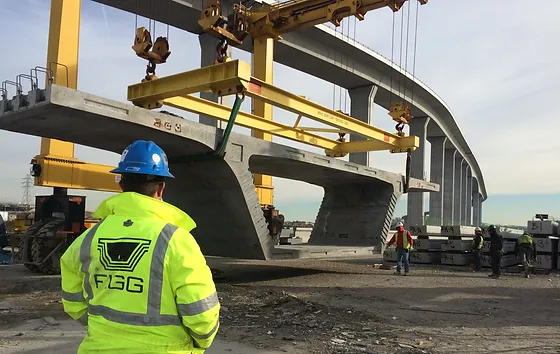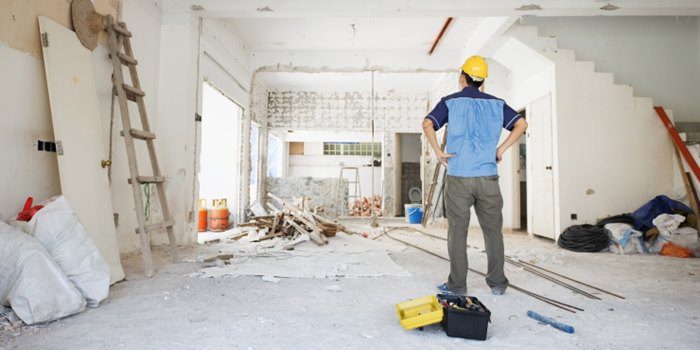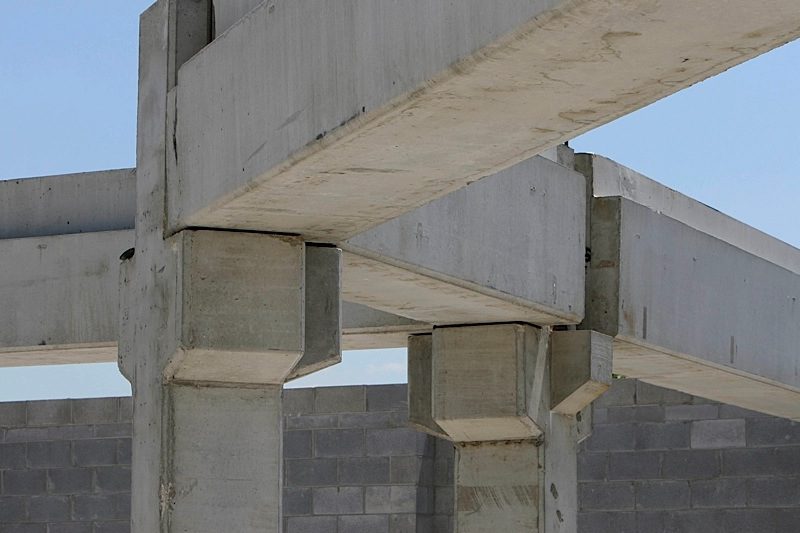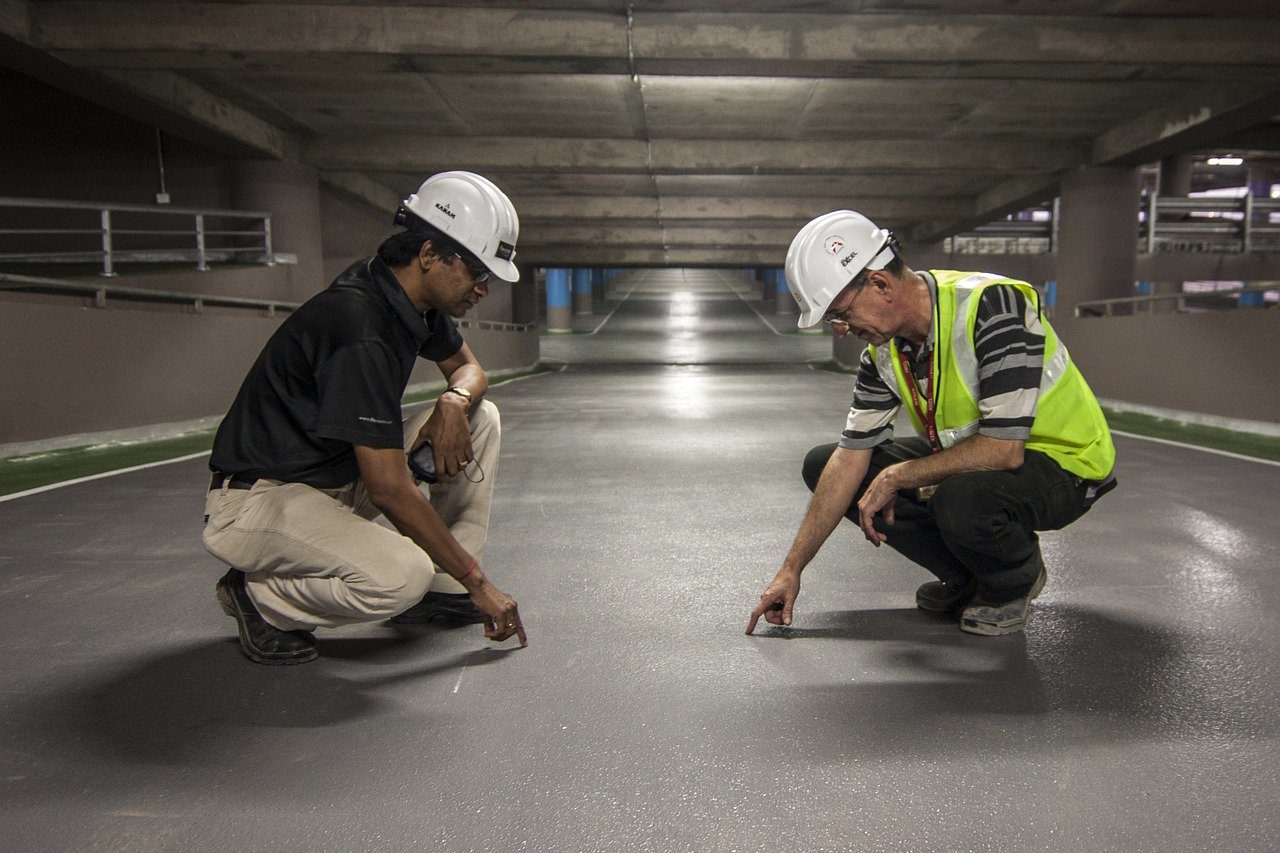Structural engineering requires a high level of ethical considerations, especially when balancing safety and cost. In addition to ensuring the safety and dependability of structures, it is essential to maintain cost control. Here are some important ethical considerations when balancing safety and cost in structural engineering: Prioritizing safety:The foremost ethical consideration for structural engineers is […]
Design, construction, and maintenance of bridges and other forms of infrastructure rely heavily on structural engineering. Here are some important structural engineering considerations for bridge and infrastructure construction: Designing and analysis:The structural systems of bridges and infrastructure initiatives is the responsibility of structural engineers. To ensure the stability and durability of the structure, they must […]
Maintenance and restorations of structures are essential for ensuring the safety, dependability, and durability of buildings and other structures. Best practices for structural maintenance and restorations include the following: Regular inspections: A qualified structural engineer should conduct routine inspections to detect any signs of wear and strain or damage. This includes inspecting structural elements for […]
As a homeowner, renovations would increase the utility and comfort of your property while also increasing its value. To increase the value of your home before you sell it, you may also wish to implement home renovation ideas. Renovating can be as simple as repainting the interior, repairing the landscaping, renovating the kitchen, or making […]
Beams and columns are crucial components in many construction projects, as they provide the necessary structural support to ensure the building’s stability and safety. Beams are horizontal members that transmit burdens from a structure’s upper levels to its lower supports. They are designed to resist bending and shear forces and are typically made of steel, […]
Although stiffness and strength are two essential mechanical properties of materials, they refer to distinct aspects of a substance’s behaviour. The stiffness of a material is its resistance to deformation under an applied load. It is a measurement of how much a material will deflect or deform under a load, and it is frequently expressed […]
There are a variety of structural systems used in buildings, including: Framed Structures: This is the most common structural system, in which a superstructure of beams, columns, and braces supports the building’s weight. Steel or reinforced concrete structures are examples. Load Bearing Structures: In this system, the building’s walls support the weight of the floors […]
Structural engineers are responsible for designing and analysing infrastructure such as buildings, bridges, and tunnels. They use their knowledge of mathematics, physics, and engineering to ensure the safety, stability, and durability of structures. The following are examples of initiatives on which structural engineers work: Building design:Structural engineers collaborate with architects and other design professionals to […]
Here are some of the current research topics: Effective rigidity of shear walls following an anticipated earthquake. In this topic, researchers examine shear walls subjected to dynamic loads and determine the effective rigidity of walls to be considered in the analysis process. They determined that the wall loses 80% of its stiffness, a significant amount […]
The grade of concrete to be used in a building is determined by several factors, including the building’s structural requirements, its intended use, and its location’s environmental conditions. Consider the following factors when choosing the grade of concrete for a structure: Type of Building: The type of building, such as residential, commercial, or industrial, will […]











